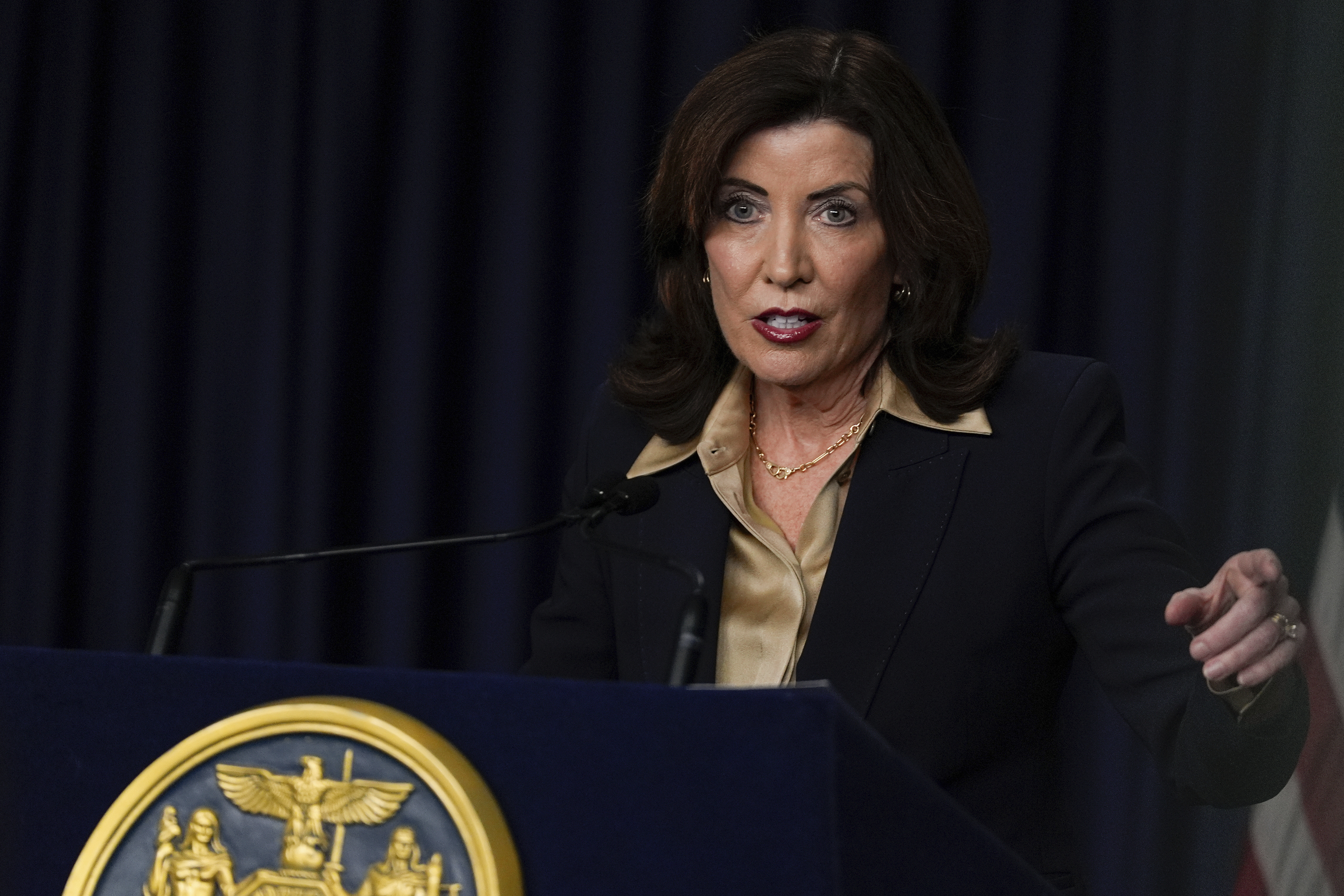This article originally appeared in Les Echos.
PARIS - From the Korean Peninsula to the South China Sea, Asia's diplomatic tensions are heating up faster than they have since the 1950s. For each potential conflict, it is clear that Beijing and Washington must work together to find a way out.
From the start of the Korean War in 1950 to the end of the conflict in Vietnam in 1973, through the short spat between China and India in 1962 and the Indo-Pakistani clashes between 1965 and 1971, Asia had been the continent of open conflict. Europe's war was cold, but it was hot in the East.
Thirty years since the arrival in power of Deng Xiaoping in Beijing, Asia has been transformed into the singular continent of growth and hope, thanks to the success of such countries as China, India, South Korea, Singapore and Indonesia. The growing number of businessmen rushing to Rangoon as a result of the political openings in Burma is the latest proof of a lingering optimism.
America loses its mojo
And yet, the entire geopolitical paradigm is shifting, and the transition may be rather brutal indeed. First and foremost, the North Korean threats appear more serious than ever. At the same time, the diplomatic tensions between China and Japan shouldn't be taken lightly either.
In California, Japanese and U.S. forces are conducting joint military training exercises clearly meant to send a signal to the Chinese. Following the Fukushima catastrophe -- where they were on the front line combatting the destructive impact of natural and atomic havoc -- the Japanese military has gained new stature. In the face of an untrustworthy China, the archipelago's armed forces are accelerating the process of overcoming the ghosts of its past -- even faster than Germany, which feels it has no direct enemy.
Three main reasons led to this tense and uncertain climate. First, America is not what it used to be. The international policy of the New World is turned towards Asia, but its efforts are doomed by a lack of the financial means of the past.
The second reason is China currently earning back the influence it had back in the 19th century. The humiliating scars of the Opium Wars and the Japanese occupation have not fully healed. Now that they're back at the center of the international stage, the Chinese are again possessed by the greatness of their Civilization.
Finally, Washington and Beijing both failed to create the institutional mechanisms that would have created an anchor to hold onto when crises arrive.
The unpredictable North Korean situation is the result of a combined Sino-American failure in their diplomatic communications. How would one handle the madness of a man and his regime as he shows off his nuclear weapons and makes war threats like a child seeking his parents' attention?
Xi Jinping is China's most charismatic leader since Deng Xiaoping. The time has come to create a true bond between the new American president and the latest ruler in Beijing. An annual summit to be alternatively held in China and in the U.S. could be a solution. The U.S. also needs a new "Kissinger-like" strong personality in charge of Chinese relations. These are measures that should quickly be applied as North Korea is falling deeper into suicidal paranoia and before the "naval battle" exercises in the South China Sea lead to a true assault from Tokyo or Beijing.
After World War II, the American presence in Asia was meant to fulfill many objectives. First, they wanted to control Japan and make sure they didn't drift towards military retaliation. Second, they were determined to prevent the USSR's influence from reaching Japan and South Korea.
Everything is different now. If America wants to be the one to bring balance as an Asian power, it needs to favor healthy communications with Beijing. It is not a G2 in the making, but more modestly an expression of the necessity for the U.S. to realize the new special bond they have with the Chinese. Such a realization has to be completed with the Chinese themselves taking broader consideration of their own responsibilities.
Getting more involved in taming Pyongyang's irresponsible behavior, and less involved in the Sea of China, China indeed has a lot on its plate. The worst-case -- i.e. an all-out armed conflict -- isn't the most likely scenario right now. Yet a structured dialogue between the U.S. and China can prevent 2013 Asia from turning into 1914 Europe.












